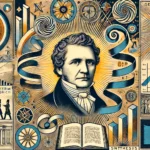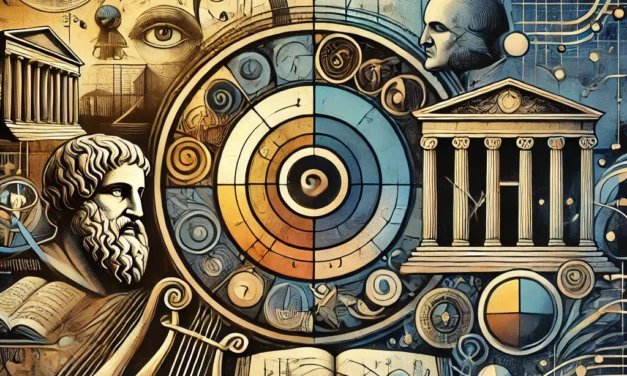
The Mystery of Philosophy
The Mystery of Philosophy
Dive into the Philosophy of Science to explore how philosophical concepts shape scientific understanding and methodology.
We refer to the sciences that accept an initial empirical point as empirical sciences. In general, their essential aims and outcomes are laws and general propositions, which are concepts; what they find relates to ideas rather than anything else. Thus, while Newton’s physics was called natural philosophy, Hugo Grotius gathered the historical actions between nations into a collection of general principles, creating a theory known as the Philosophy of International Law. The term “philosophy” in England still carries this general meaning, with Newton retaining his reputation as one of the greatest philosophers. However, the term is reduced to tools like pressure gauges, which don’t fall under categories such as magnetic or electric devices, and are called philosophical instruments. Without a doubt, philosophy should be attributed to thought alone, not to the composition of wood or iron. In this sense, the field of political economy, particularly known as rational or theoretical economics in Germany, also began to take the name of philosophy, especially in recent times (Science of Logic, p. 7).































RECENT COMMENTS